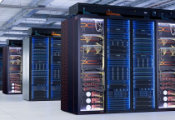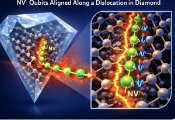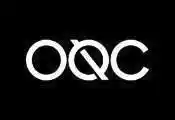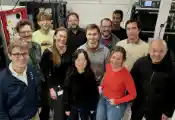Swedish Company ConScience AB Launch First Generation Quantum Device
January 30, 2024 -- The Gothenburg based company ConScience AB is launching a Qubit-in-a-box (QiB0) quantum device. The quantum device can be used to demonstrate simple quantum processes such as decoherence and dephasing as well as calibrating and verifying performance of quantum computing test setups.
The QiB0 device is a big milestone for ConScience, since it is the first commercial quantum device fully designed and manufactured in Sweden. The company has a strong pipeline of more complex quantum devices that is expected to be launched during 2024 and onwards. ConScience also provides foundry service of custom quantum processors for clients, which its number is growing over the years.
Quantum computers are a type of computing technology that leverage the principles of quantum mechanics to perform certain types of calculations much faster than classical computers. They have the potential to revolutionize various fields of science and technology due to their unique properties, including quantum parallelism and entanglement which may lead to more powerful cryptography, financial modeling, drug discovery and climate models.
ConScience AB located in Gothenburg, Sweden, is a company specialized in clean-room production and has spent the last years on developing methods for production of quantum computing devices of sufficiently high quality and reproducible characteristics to be used by clients.
“Quantum device manufacturing is very complex, and we have been pushing ourselves and spent a large amount of time in the cleanroom to achieve the stringent requirements in terms of performance variations. Today our hard work pays off, and we can now launch our own functional Qubit device to the market” says Joachim Fritzsche, CEO of ConScience.
The QiB0 device launched by ConScience features 4 single qubits and 2 coplanar waveguide (CPW) resonators characterized with up to 80 µs qubit lifetime and 1 million in quality factor of the CPW resonators. It is intended to be used by research groups and companies to verify a quantum measurement system and also by universities currently educating the next generation quantum scientists and engineers.
“Quantum device manufacturing is very complex. Today our hard work pays off, and we can now launch our own functional Qbit device to the market,” Joachim Fritzsche, CEO



































